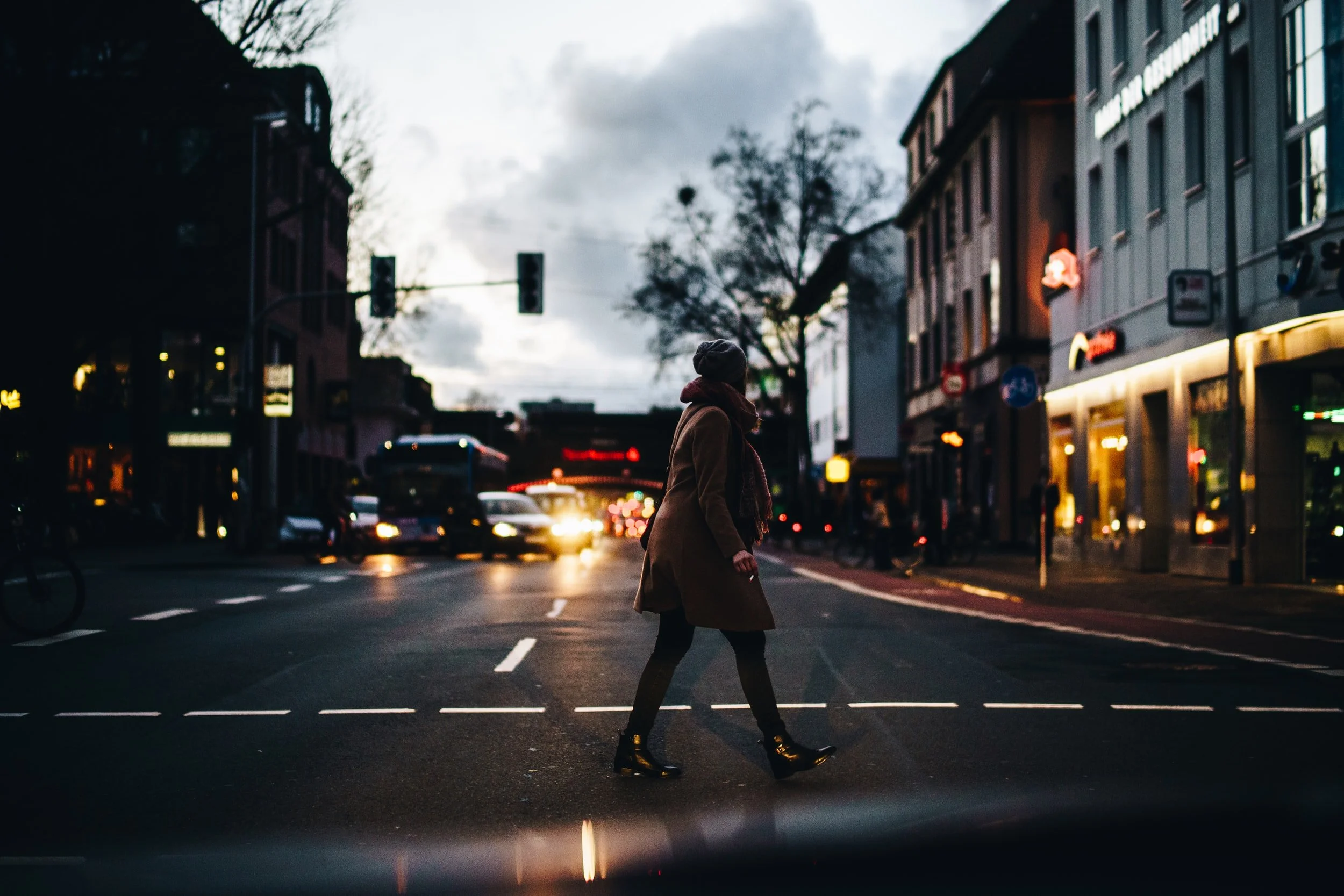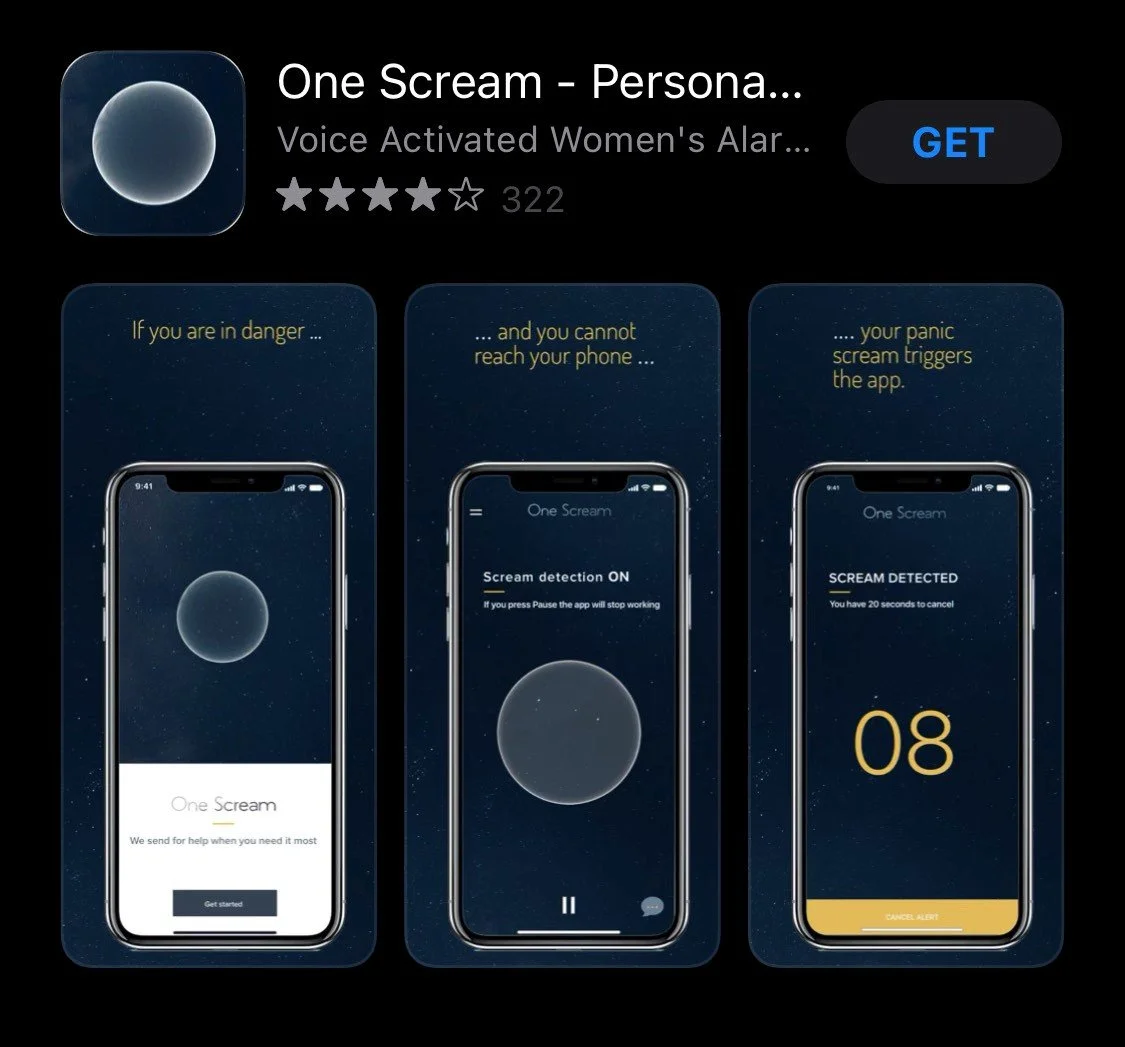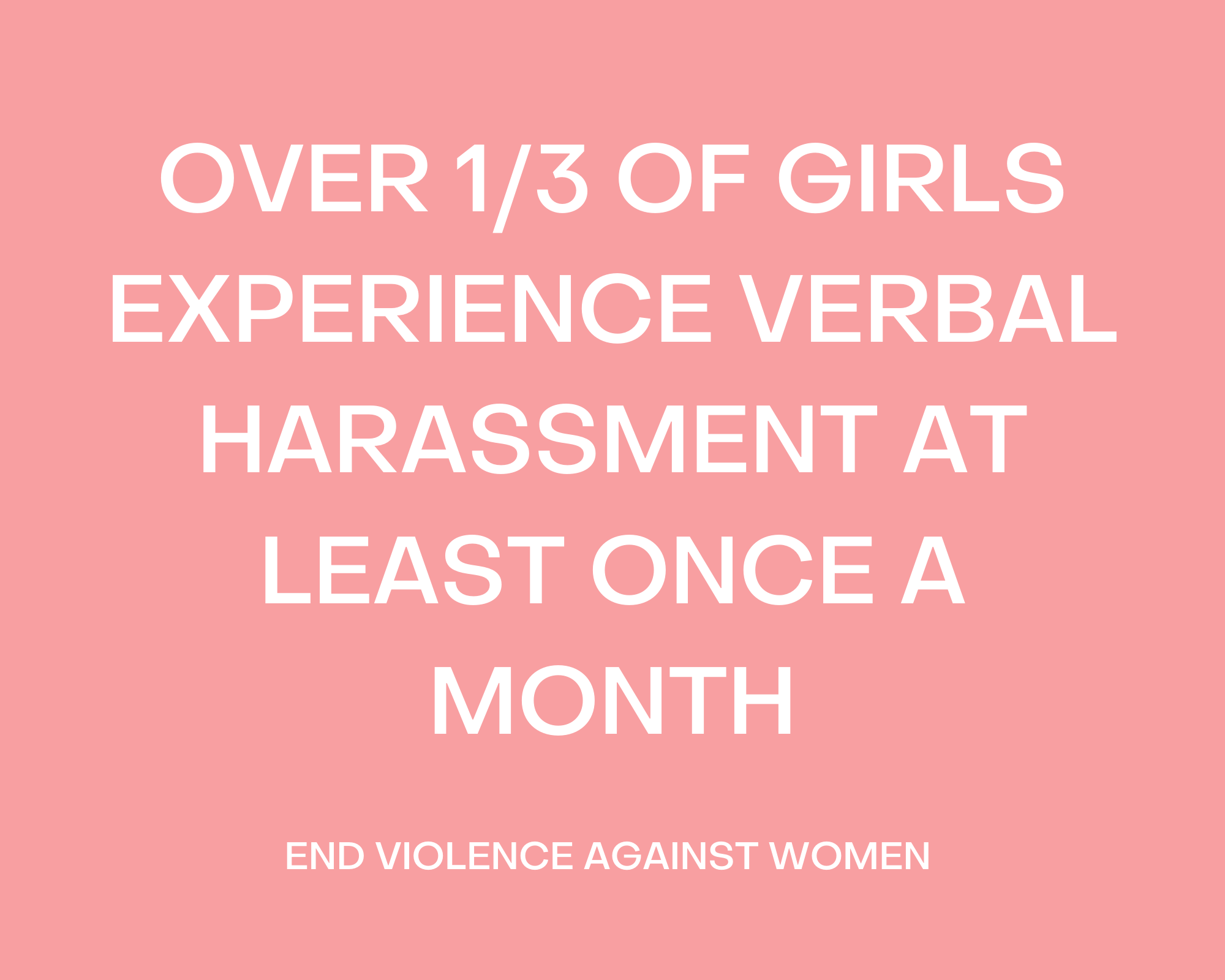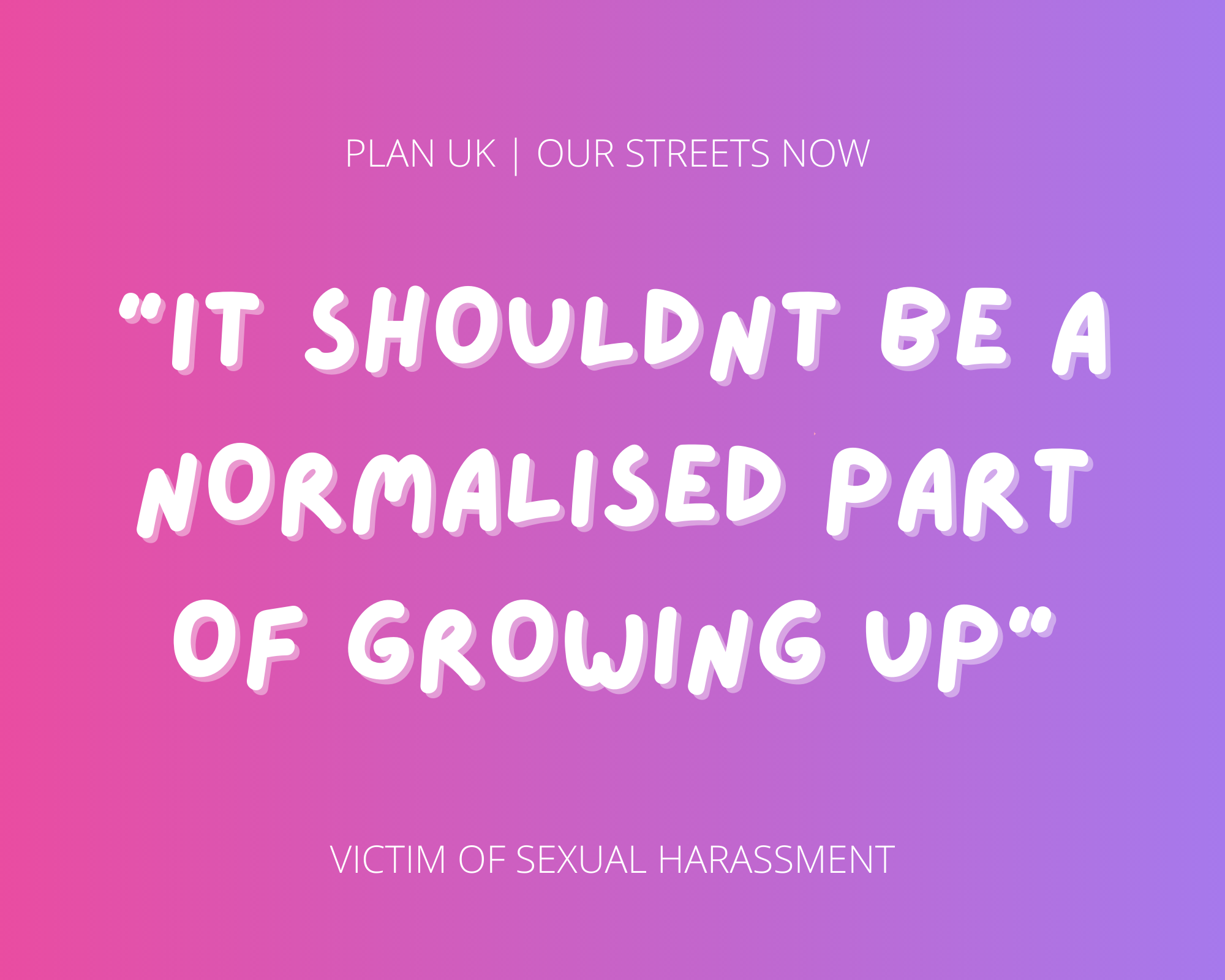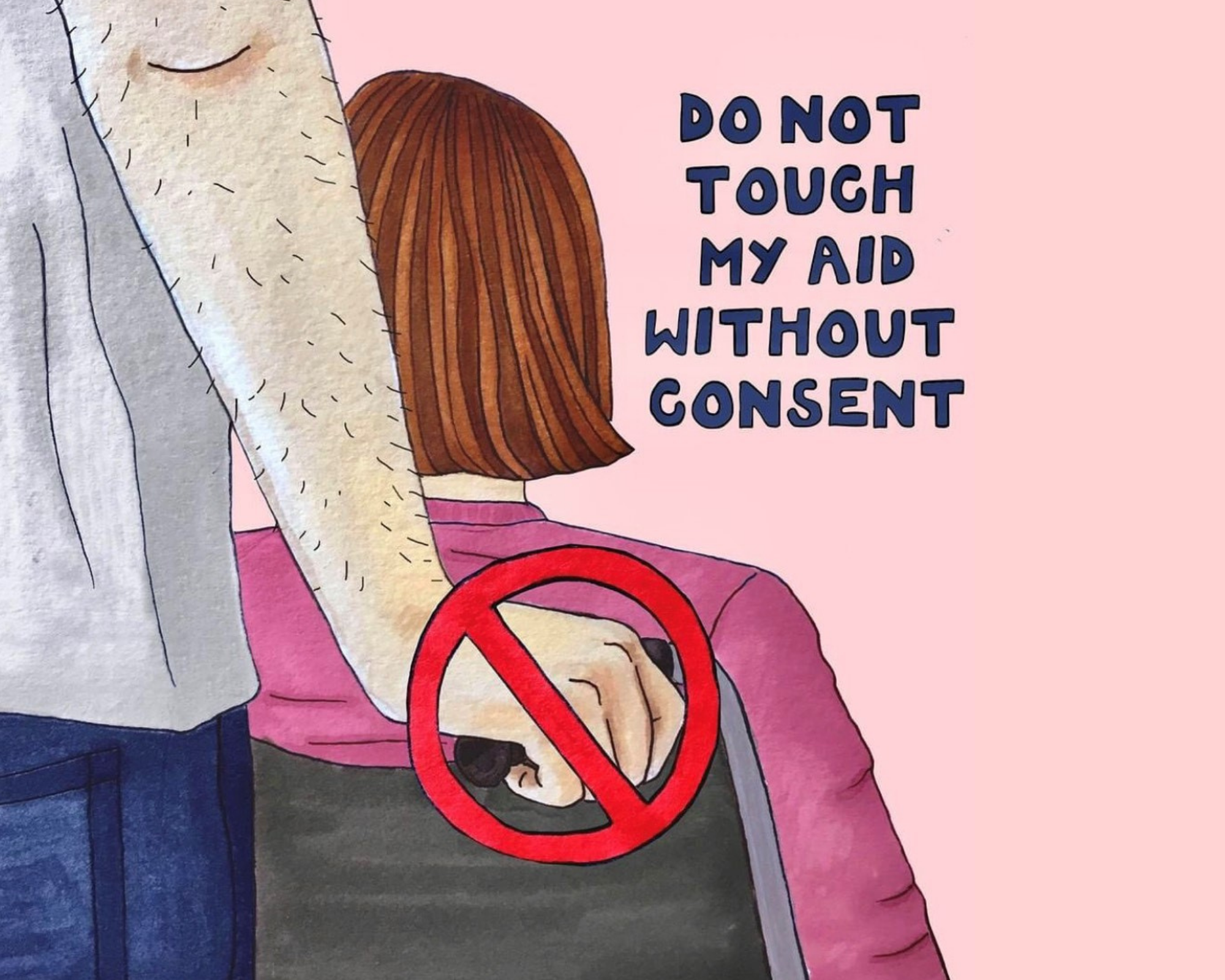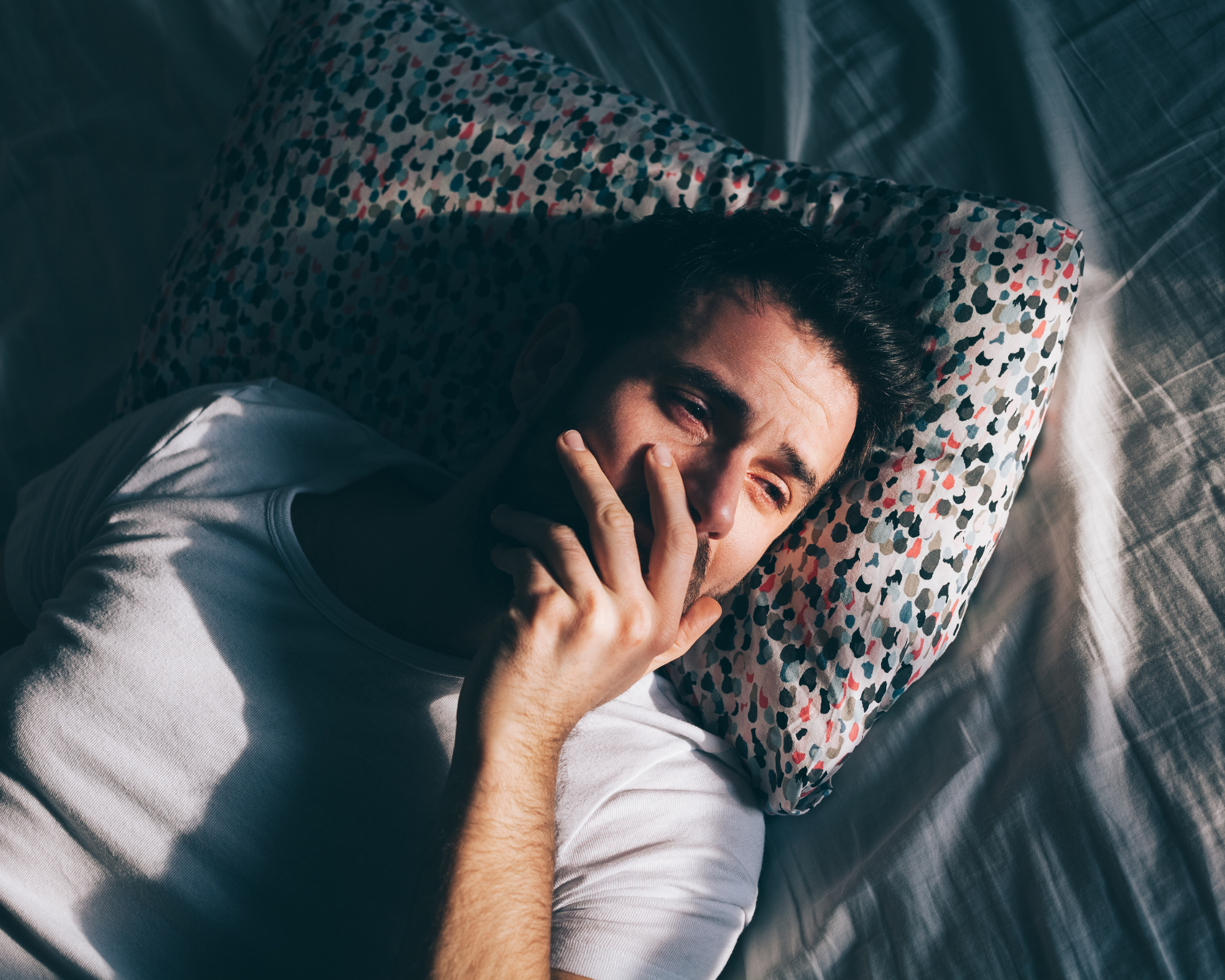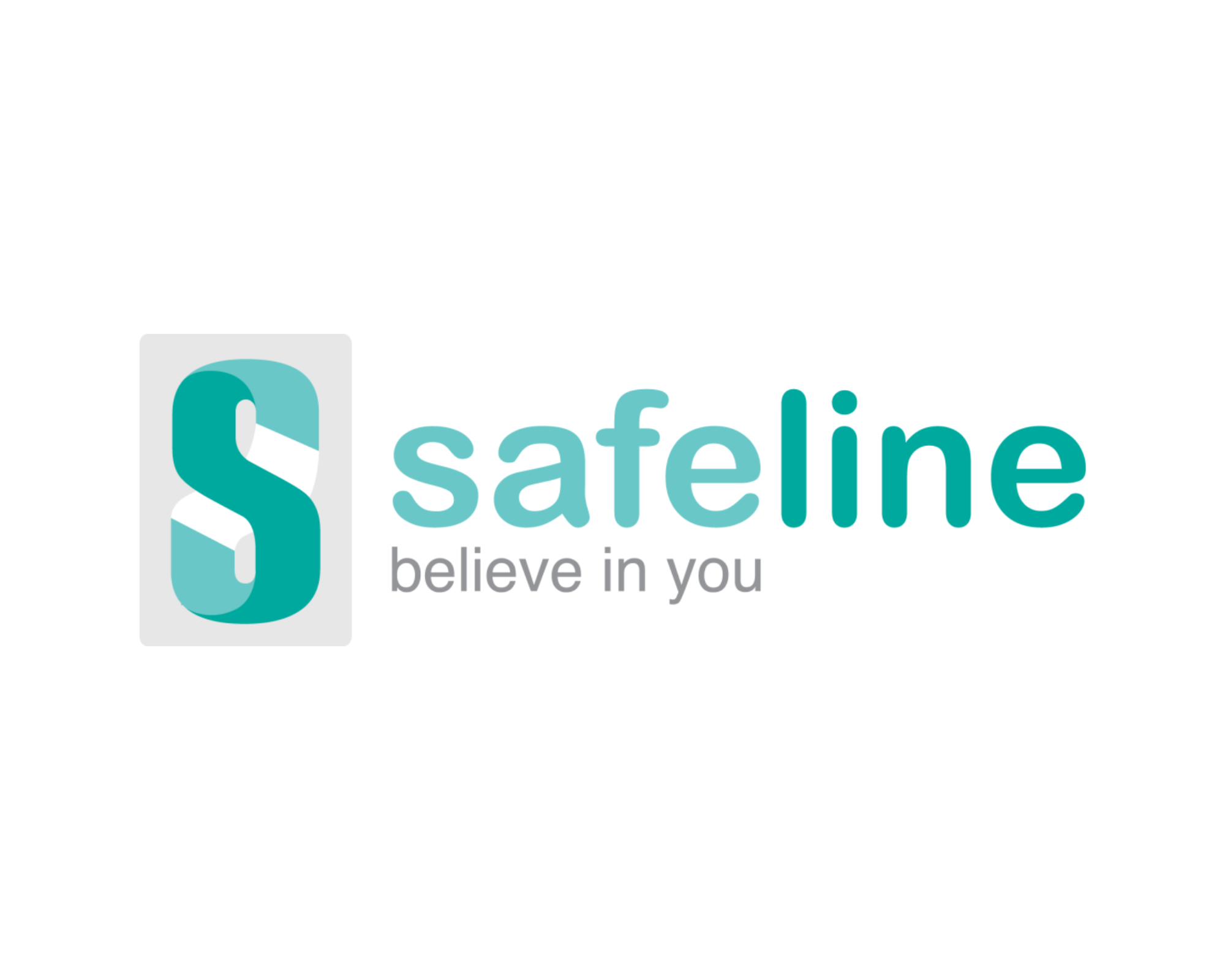
Keeping *Women Safe in Public
*This includes anyone who is femme, non-binary, gender queer individuals or anyone who is a victim to gender based violence and harassment.
TRIGGER/CONTENT WARNING: This page will talk about gender based violence and public sexual harassment. If yourself or someone you know has been subject to gender based violence or public sexual harassment and you would like to talk to someone, please contact our Safeguarding team or reach out to some of the support services provided at the bottom of this page.

Although this page is titled ‘Keeping * Women Safe in Public’ we have provided information and support for ANYONE who is subject to gender based violence or a victim of sexual harassment. The reason we have titled this page ‘Keeping * Women Safe in Public’ is due to the continued reporting of street harassment towards *women. We have made sure to be inclusive with the language we have used for our ‘Keeping Yourself and Others Safe’ information, although some videos and campaigns used are more gender based.
There’s no right way to respond to street harassment. The most important thing is to put your own safety and sense of security first. Street harassment is never your fault and however you choose to respond to it is the right option for you. That being said, research has shown that taking action can have a positive influence on your emotional response.
In 2020, a group of MPs and Peers set up the All-Party Parliamentary Group (APPG) for UN Women to support UN Women’s work in the UK. The APPGs first objective was to promote and advance the UN’s Safe Spaces Now campaign, which focusses on identifying game-changing solutions for women's safety in public spaces (including online). It is now commonly accepted that women have a right to feel safe in their day to day life, particularly to feel safe from sexual harassment; yet all too often experiences of those who are subject to harassment and abuse continue to be covered up, diminished, ignored, or normalised.
A report by the APPG for UN Women titled ‘Prevalence and reporting of sexual harassment in UK public spaces’ showed that:
71% of women of all ages in the UK have experienced some form of sexual harassment in a public space. This number rises to 86% among 18-24-year-olds.
The two main reasons women of all ages cited for not reporting incidents are: “I didn’t think the incident was serious enough to report” (55%) and “I didn’t think reporting it would help” (45%)
44% of women agreed that having more confidence that reporting the incident would prevent it from happening again would encourage them to report.

Learn about consent and healthy/unhealthy relationships

How To Keep Yourself Safe
Trigger warning: This section contains information that some readers may find upsetting. Please make sure to reach out to our Safeguarding team if you or someone you know is struggling with any subjects mentioned.
If you feel like you’re being followed Here are steps you can take in case you feel like you’re being followed or are literally being followed.
Walk towards a busier street.
Look for a business or a store you can quickly go into, you can also let a staff member know if you feel like you’re in danger. Do not leave until you’re sure that this person is gone or have someone that can come and pick you up. If you leave alone, that person could be waiting further down the street so you may want to change directions and choose a different route.
Pretend to answer the phone and say: “Yes I’m outside, I’m here, can you see me ?”. You can also walk with one headphone in with the music off and pretend to wave your hands and tell someone: “Oh can you see me ? Come outside and let me in then”.
Walk in a confident manner and keep moving, this can prevent predators from seeing you as an easy target.
If you see people that are nearby, don’t hesitate to ask for help. Do not be afraid to be loud and make a scene, this can intimidate and embarrass the predator as other people are watching. If you’re alone, you can still attempt to scream if you believe that people in the neighbourhood may be able to hear you.
By @lishdrawslife on Instagram
By @angsty.pastel on Instagram
Always Let Someone Know
Whenever you leave the house, always let someone know you’re going out. Make sure they can contact you and if possible the person you’re seeing. Before leaving you can also share your location using your phone so that they can know your whereabouts. Contact them to let them know you safely arrived at your destination.
Plan You Journey
Always ensure you know how you will get to a certain place and how you will return. You want to minimize issues you might encounter by planning your journey in advance and booking tickets early. Choose the safest route and time possible. Walk in busier spaces and avoid unsafe streets and places with few people.
In case you’re lost and don’t have Wi-Fi, here’s a helpful tutorial on how to use GoogleMapsoffline
Educate
The issue of harassment largely stems from deeply rooted sexism in society. This issue has to be tackled at its core and we have to continue educating men on how to respect women and their boundaries. Men themselves are also victims of sexual harassment by other men, it’s more common than you’d think. So it is vital to involve both men and women to resolve this problem.

How To Keep Others Safe
Trigger warning: This section contains information that some readers may find upsetting. Please make sure to reach out to our Safeguarding team if you or someone you know is struggling with any subjects mentioned.
1. Keep your distance
When walking behind an individual at night, remember that the closer you are, the more threatening you seem. So make sure to leave a good amount of distance between yourself and the other person.
2. Don’t run up from behind
Having someone run up behind you at night can give anyone a fright, but for those who experience gender based violence it’s terrifying. Next time you’re out for an evening jog and see an individual walking ahead… cross the road or make sure to leave a good amount of space while passing.
3. Don’t stare
If you’re by yourself, being stared at is intimidating and unsettling. Taking out your phone and focusing on something else can go a long way to showing you’re not a threat. Look out the window to focus on something else, or call a friend to have a chat.
4. Keep comments to yourself
What you might see as just a bit of fun, or even flattering, is actually harassment and can be terrifying to those walking alone at night.
5. Keep your mates in line
You may not harass someone, but if you stay quiet while your mates do then you’re part of the problem.
6. Be an active bystander
If you notice an individual is uncomfortable with someone’s behaviour, show your support by being an active bystander. It can be as simple as standing between the individual and their harasser to block their line of sight. Ask if they are OK, and back up anyone else who is intervening.
7. Share the walk
Keep the conversation going by sharing these tips, and helping others feel safer at night.

Walk Like a Woman
A pounding heart at every strange noise, a firm grip on a mobile phone and keys interwoven between fingers. Second-guessing clothing choice, walking routes, the hour of the night… Young women everywhere are changing their behaviour in order to feel safer at night. These small acts might seem harmless, but what they really mean is that young women feel like they don’t belong in their own cities the same way that men do.
Walk Like a Woman was an Australian Campaign by Plan International

Ways Your Phone Can Help to Keep You Safe
Set up Emergency SOS for Android
Press the lock button 3 times your device will automatically send out a message saying "SOS" followed by a link that when opened will show the coordinates of where you are.
You are able to add to this feature and allowing a photo and/or a voice message to also be sent out with the message to help provide more evidence of where you are and what is happening.
Find out more here
Set up Emergency SOS on your iPhone
If you press your lock button five times in a row, your iPhone emits a loud siren, counts down to 3 and then calls emergency services AND sends a text to your emergency contacts alerting them of your situation and location.
Search ‘Emergency SOS’ in your phone to set up your contacts.
Find out more here
Launch Whatsapp and open the chat window of the person you want to keep updated with your location. Tap the attach option on the text input bar. Click Location and press ‘Share Live Location’
Find out more here

Public Sexual Harassment
Trigger warning: This section contains information that some readers may find upsetting. Please make sure to reach out to our Safeguarding team if you or someone you know is struggling with any subjects mentioned.
What is Public Sexual Harassment?
Public sexual harassment (PSH) comprises unwelcomed and unwanted attention, sexual advances and intimidating behaviour by strangers occurring in public spaces. This can be committed on multiple, and often interlocking, grounds, but all forms of PHS are inherently linked by power and control. It is usually directed towards women and often oppressed groups within society. However, it can be experienced by all.
Why Do We Use The Term Public Sexual Harassment?
PSH does not just take place in the street, but also gyms, parks, places of education, public transport and more. PSH stops *women and girls from accessing public spaces and can have a profound impact on wellbeing and everyday activities. Just like other forms of harassment, such as sexual harassment in the workplaces, PHS is unacceptable and should not be trivialised.

Please note these videos contain offensive language that *women and girls are subjected to everyday. If you or someone you know is struggling with any of the subjects talked about in these videos, please reach out to our Safeguarding team.

Different Types of Public Sexual Harassment
TRIGGER AND CONTENT WARNING: This section mentions Queerphobic PSH, Racist PSH, Underage PSH, Ableist PSH,
Queerphobic PSH
LGBTQ+ PSH Explained
LGBTQ stands for lesbian, gay, bisexual, transgender and queer or questioning. The ‘plus’ represents the inclusion of all other identities that are related to sexuality and gender and the LGBTQ+ community.
Gender Identity
Stonewall’s 2017 report found that 41% of trans people had experienced a hate crime or incident in the last 12 months because of their gender identity. Transgender and non-binary people can face harassment and intrusive questions in public spaces, particularly gendered spaces.
Gender Expression
People can experience PSH targeted at how they express themselves, or how they dress, particularly if they are perceived to ‘appear LGBTQ+’
Sexuality
People who go out in public with a same-sex partner can be afraid to be themselves because of a fear of PSH. 33% of LGBTQ+ people say they don’t feel comfortable walking down the street holding their partners hand.
Everyone should have the right to be themselves in public without fear of harassment or attack. Transphobic or homophobic PSH threatens this right.

TRIGGER AND CONTENT WARNING: This video mentions sexual harassment towards women with racist comments made towards those in the video. This video is of young women speaking out about sexual harassment.
Racist PSH
Racist PSH Explained
The definition of racism is prejudice, discrimination, or antagonism directed against a person or people based on their racial or ethnic group, typically one that is a minority or marginalised.
BIPOC girls and women often talk about stereotypes from the community they were perceived to belong to. They describe being followed or looked at when in a racial minority locally, or others feeling entitles to look at them or touch them. They often experience different types of PSH in comparison to their white friends.
Underage PSH
Underage PSH Explained
Underage PSH is when a person who is under 18 experiences sexual harassment by a stranger, who may be much older than them, in public.
A child who experiences PSH may be more susceptible to victim-blaming. They may blame themselves or their clothes for the harassment they have faced. On the other hand, an adult will know, usually from experience, that clothes have nothing to do with responsibility and it is never your fault, no matter what you wear.
When PSH happens from a young age, we internalise it. It becomes apart of our everyday life, and we begin to accept it. But PSH is NOT normal. It is about power and control.

“This needs to be illegal. This needs to stop. For me I thought becoming disabled would be my hardest battle, but now the anxiety of going out feeling at my weakest and facing harassment on a daily basis has become my normal. This isn’t normal.” - Testimony submitted to Our Streets Now
Ableist PSH
Disability Explained
The UK Equality Act 2010 defines a person with a disability if they have a ‘physical or mental impairment that has a substantial (more than minor or trivial) and long-term (12 months or more) negative effect(s) on their ability to do normal daily activities’.
PSH and Disability
Often people with disabilities are portrayed as being powerless and helpless. Dr Amy Kavanagh launched the #justaskdontgrab campaign to help change the way people interact with those with disabilities. The Just Ask Don’t Touch campaign aims “To explain how best to assist disabled people”.
An ableist society is partly the result of a lack of awareness about the accessibility needs of people with disabilities coupled with physical and attitudinal barriers (EG. saying someone doesn’t ‘look’ disabled). Not all disabilities are visible.
Art by @cantgoout_imsick on Instagram

Male Sexual Harassment
TRIGGER AND CONTENT WARNING: This section mentions sexual abuse, harassment and rape. If you affected by any of the subjects talked about in this section please reach out to our safeguarding team or any of the support networks we have provided. Details for both can be found at the bottom of this page.
Myths and misconceptions about the sexual abuse of men can make the reality of being a survivor a difficult one, increasing isolation and maintaining stigma. Men can feel trapped and isolated by misinformation about male sexual abuse and rape, such as the false view that men can’t be raped and fears that sexual abuse can make you into an abuser.
Let’s breakdown some of these myths.
Myth: Men can’t be sexually abused.
Reality: They can. Any man or boy can be sexually assaulted regardless of size, strength, appearance or sexual orientation.
Myth: If I was drinking or taking drugs, it was my fault.
Reality: Nothing you do entitles another person to assault you. If you had been drinking or taking drugs and someone sexually abused you, that doesn’t make it your fault or mean that you asked for or deserved what happened.
Myth: Only gay men and boys are sexually abused.
Reality: Heterosexual, gay and bisexual men and people who identify as nonbinary or trans are equally likely to be sexually abused. Being sexually abused has nothing to do with your current or future sexual or gender identity.
In March 2017, the Crime Survey for England and Wales found that 4% of men, which is 631,000 male victims, have experienced some form of sexual assault since the age of 16. Approximately 12,000 men (aged 16-59) are raped in the UK every year and more than 70,000 are sexually abused or assaulted. We should bear in mind that in reality the figures are likely to be higher, as many feel unable to report this crime to the police.
SOURCE: UK SAYS NO MORE

(TRIGGER WARNING: There is mention of rape, incest and child sexual abuse in this video.)
Safeline is a charity that provides specialist, tailored support for anyone affected by or at risk of sexual abuse and rape, and empowers them to make choices about the lives they want and helps prevent abuse. They have dedicated, non-judgemental services to help men affected by sexual abuse - watch this video which shares stories from men (portrayed by actors) who have been helped by Safeline, or click the button below to visit their website for more information.
Helpline: 0808 800 5005 Email: support@safeline.org.uk

Support and Resources

ESCG Safeguarding Team
If you or someone you know at college has experienced or is struggling with mental health difficulties, or any of the subjects mentioned, members of our Safeguarding and Wellbeing team are available to help whenever you need them.
HASTINGS: Lydia Leonard
Lydia.Leonard@escg.ac.uk / 07848442081
EASTBOURNE: Helen Ding
Helen.Ding@escg.ac.uk / 07980049312
LEWES: Julia Proven
Julia.Proven@escg.ac.uk / 07823668772
Keeping Safe Week / Keeping Women Safe in Public






